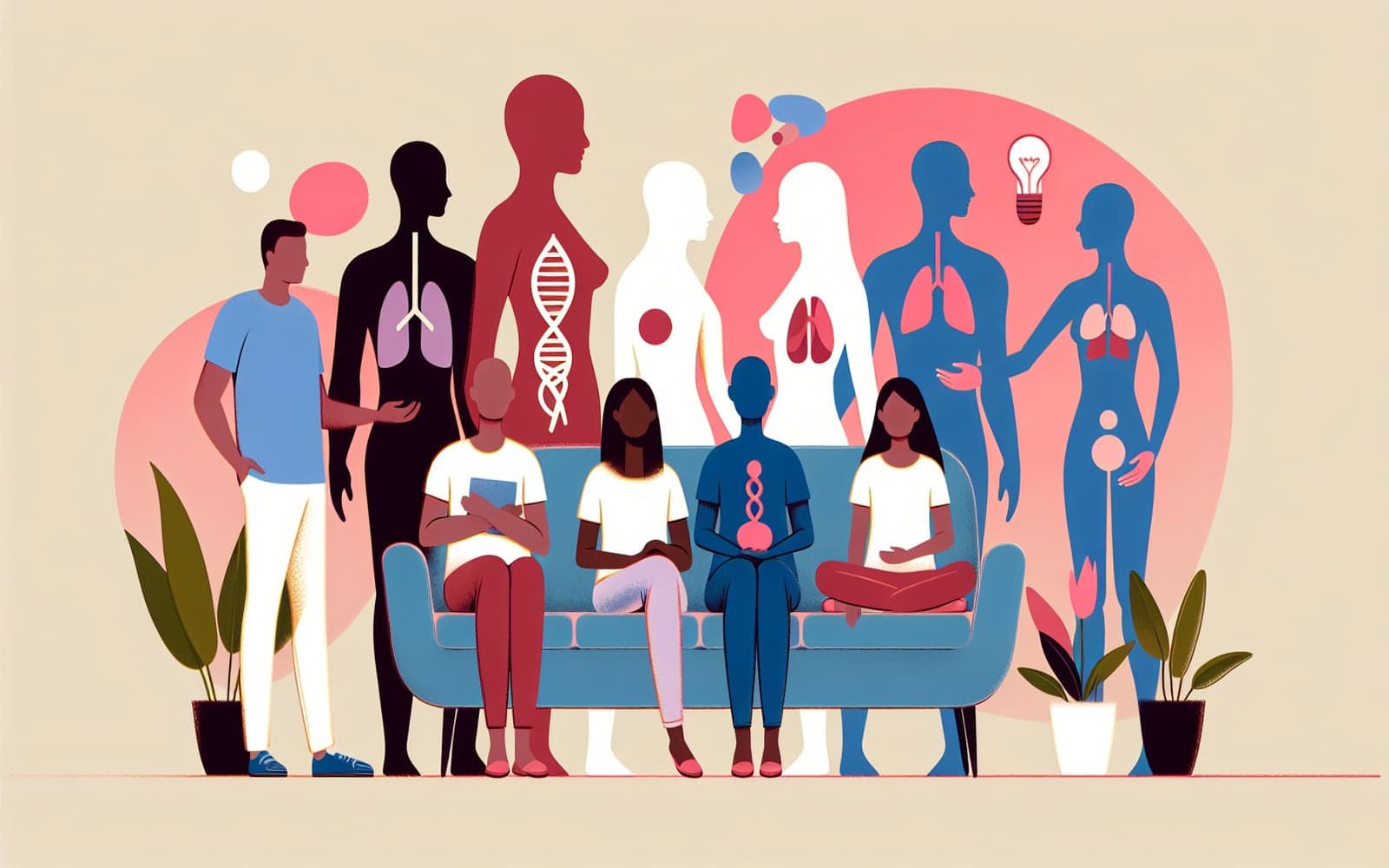What is Thalassemia and How Does it Affect You?
Published: Aug 23, 2024
Thalassemia is a genetic blood disorder affecting the production of hemoglobin, leading to various degrees of anemia. This article explores the condition's types, symptoms, and impact on individuals.
Contents
Types of Thalassemia
Thalassemia is classified into alpha and beta types, based on which globin chain is affected. Alpha thalassemia results from reduced alpha globin chains, while beta thalassemia involves decreased beta globin chains. Severity ranges from mild to severe, depending on the number of affected globin genes.
Symptoms and Complications
Symptoms of thalassemia include fatigue, pale skin, and growth delays due to anemia. Severe cases may lead to bone deformities and iron overload, affecting organs like the heart and liver. Without treatment, complications can severely impact quality of life.

Diagnosis and Testing
Diagnosing thalassemia involves blood tests to check for anemia and abnormal hemoglobin. Genetic testing can confirm the type and severity. Early diagnosis is crucial for managing the condition and preventing complications.
Frequently Asked Questions
Thalassemia is caused by genetic mutations affecting hemoglobin production.
It is diagnosed through blood tests and genetic testing.
While not curable, it can be managed with treatments like blood transfusions.
People with a family history from regions like the Mediterranean and Southeast Asia.
The Bottom Line
Understanding thalassemia is vital for managing its symptoms and improving quality of life.
References
- Martin A, Thompson AA. Thalassemias. Pediatr Clin North Am 2013; 60:1383.
- Weatherall DJ. The definition and epidemiology of non-transfusion-dependent thalassemia. Blood Rev 2012; 26 Suppl 1:S3.
This article has been reviewed for accuracy by one of the licensed medical doctors working for Doctronic. Always discuss health information with your healthcare provider.
AI Doctor Visit Required
Appointments available 24/7
15-min consultation. No hidden costs.
AI Doctor Visit Required
For safety reasons we have been forced to end this consultation.
If you believe this is a medical emergency please call 911 or your local emergency services immediately.
If you are experiencing emotional distress, please call the the Suicide & Crisis Lifeline at 988 or your local crisis services immediately.
Contact us
You can also email us at help@doctronic.ai
We aim to reply within 5-7 days
How likely are you to recommend Doctronic to friends or family?


